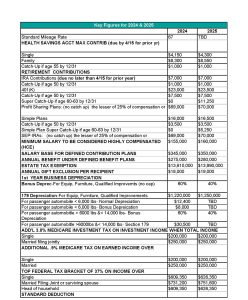What is probate?
Probate is a court process which validates and executes the will that was left by the decedent. In certain cases, the decedent may have not created a will or trust to provide instructions for disposition of their estate. When this happens the probate process looks to state law to determine how property will be distributed. Ultimately, the end goal of probate is to distribute the decedent’s property to its rightful beneficiaries.
Probate has generally had a negative connotation because it can be a lengthy and/or expensive process depending on state law. Some individuals transfer their assets to a trust to avoid probate, which under certain circumstances can end up being more complex and/or expensive than going forward with probate. Depending on the needs and property of the individual, there are a few things to keep in mind to determine whether establishing a trust or going through probate is most beneficial.
What are benefits of probate?
- Depending upon the state the decedent resides in probate can be an easy and inexpensive process.
- If there is a will probate provides a neutral third party to ensure that the decedent’s property and desires are carried out. This is ideal when there may be conflict between family members regarding the decedent’s estate. If there isn’t a will probate looks to state law to determine who is entitled to a share of the estate.
- It can limit the creditor claims period against the estate.
Planning for the future can be difficult to navigate on your own because there are a lot of factors that should be assessed before taking action. Call us at (949) 829-8299 to let us help you plan your and your family’s financial future.




